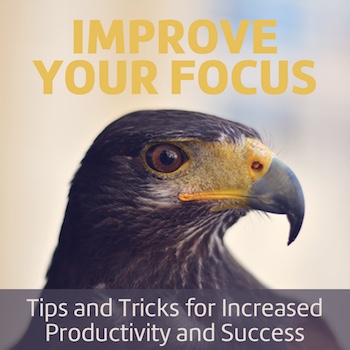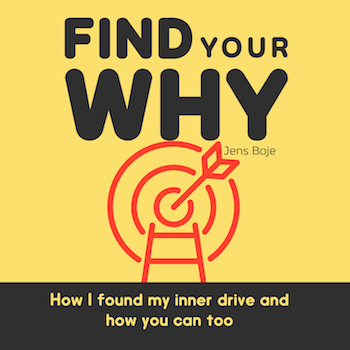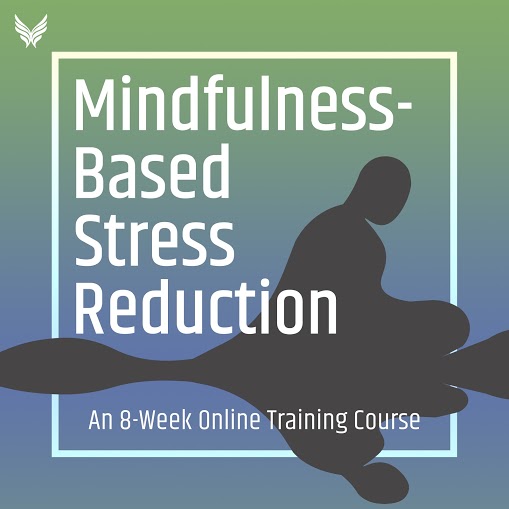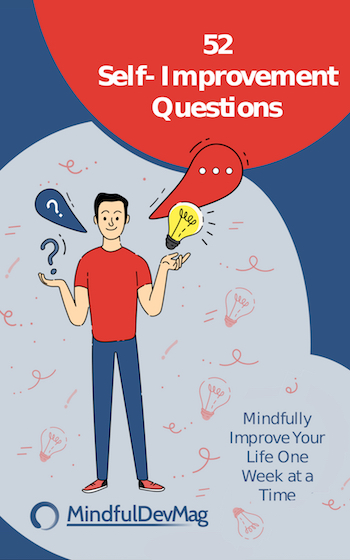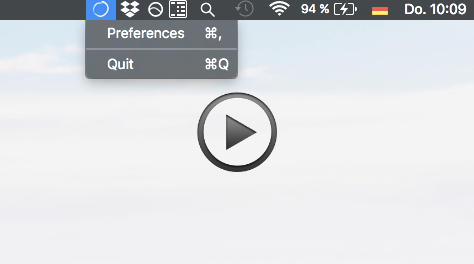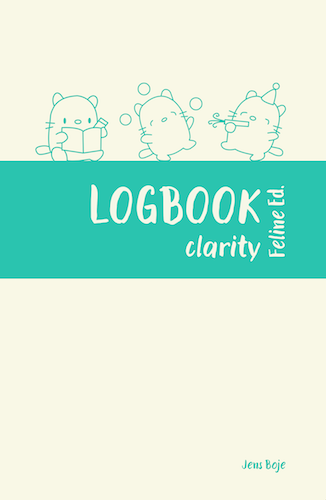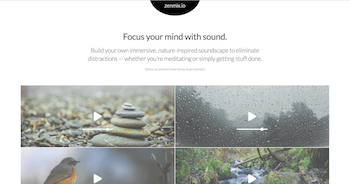Note from Editor
Mindfulness & Minimalism - Perfect Duo For Simplified Living
Mindfulness and minimalism can make your life simpler and yourself happier. We cover everything you need to know about them and how they are interconnected with each other and make a great combination.
There’s a good possibility that you have heard these terms before, but have no clue what they really are and how they are inter-related.
So, how’s minimalism and mindfulness connected to each other? What is minimalism and what is mindfulness, anyway? And can these ‘fancy terms’ really help make your life better somehow? If so, how?
Let’s take one step at a time and explore all these possibilities one by one. Let’s start with the incredible world of mindfulness, first.
What is Mindfulness
“Mindfulness means being awake. It means knowing what you are doing.”
- Jon Kabat Zinn (internationally recognized scientist, writer, and meditation teacher)
Let me explain the concept of mindfulness this way - let’s say you have your favorite dessert in front of you. Now there are two ways to eat it. The first way is that you gulp it down in 3 big bites with your thoughts focussed somewhere else (it could be anything - the stock market or that birthday party you attended 8 years ago). Oops, before you know it the dessert is over and now you crave some more!
The second way of eating the dessert is - all your thoughts are focussed on this beautiful piece of cake, you are mesmerized by its sweet fragrance, you pick up the spoon and as soon as you took its first bite you drown yourself in an ocean of ecstasy! Every subsequent bite feels like heaven and by the time when you are done, you feel intoxicated.
Now apply the same concept of being in the ‘PRESENT MOMENT’ on just about anything in your life (any situation, good or bad). You’ll realize that when your thoughts and life energies are focussed on what’s happening NOW (and not on your past or future) you will live a fully rounded life. You’ll be able to enjoy the happy moments of your life in a profound manner and while dealing with the bad moments, you’ll be better equipped with enhanced mental capabilities and clarity.
There are many other aspects to mindfulness but essentially, it means maintaining a sense of awareness regarding the nature of your thoughts, emotions, and actions on a moment-to-moment basis. Of course, the art of keeping yourself aware or wakeful all the time is easier said than done! But that’s where the whole science of mindfulness meditation comes into the picture. This kind of meditation has nothing to do with being a fanatic, mystic, a religious nut or anything of that sort. It’s a scientific way of approaching meditation and those who practice it on a regular basis reap its benefits by being healthier and happier (both, physically and mentally).
Now, What’s Minimalism
Most people think of minimalism as some kind of a new age trend where you are supposed to clean and organize your house by discarding most of your possessions. But that’s just a misconception! Minimalism is a lifestyle where you consciously choose to embrace things, possessions, emotions, and just about everything else that genuinely adds value to your life while getting rid of everything that you’ve accumulated unconsciously in the name of ‘milestones’.
“Minimalism is a tool that can assist you in finding freedom. Freedom from fear. Freedom from worry. Freedom from overwhelm. Freedom from guilt. Freedom from depression. Freedom from the trappings of the consumer culture we’ve built our lives around. Real freedom.”
- The Minimalists (Joshua Fields Millburn & Ryan Nicodemus - American authors, filmmakers, and public speakers)
There are no fixed rules on ‘how to be a minimalist’. There are minimalists who are happily surviving on less than 100 items (including all their clothes, books, utensils, home appliances, furniture, etc.) from the last many years and then there are people like Robert Pattison.
Pattison has moved to a much smaller apartment from his Los Feliz mansion but loves spending money on expensive guitars. Can we say Pattison is not a true minimalist? Absolutely not! He is as much a minimalist as Fumio Sasaki (author of the bestseller Goodbye Things - The New Japanese Minimalism).
Pattison has customized his list of ‘what’s important for him’ in his own unique way and that’s what every minimalist needs to do. You don’t have to follow some book, blog or a person to become a minimalist, you simply have to ask yourself ‘what’s important for me?’ and follow that feeling.
So, How’s Mindfulness and Minimalism Connected?
They are inter-related to each other in so many different ways. Each of them creates an atmosphere to facilitate the other. Here’s how -
How Mindfulness Facilitates Minimalism
When you practice mindfulness you develop awareness regarding what’s exhausting you (stuff inside you and outside of you, in your immediate environment). You get in touch with your deeper cores and that allows you to identify what you genuinely like or dislike. In order to stay in the present moment, you are taught to steer clear of anything that distracts your ability to stay in the moment. You’ll find that these elements of distraction are the same things (useless items in your house or toxic thoughts and emotions in your head) which you’d want to remove via minimalism as well.
How Minimalism Facilitates Mindfulness
When you decide to simplify your life by following minimalism, you ceaselessly ask yourself questions like - What are my priorities? Is this important for me? Do I really want this thing in my life? Asking these questions, again and again, will automatically help you become more mindful as a person. Also, when you follow minimalism your house turns into a clean and clutter-free living space and a space like this instinctively turns you meditative.
How to Use Mindfulness and Minimalism to Live Happily
Now that you know what’s the connection between the two, the next big question is - “How to combine the two and use them together to enhance your life?”
You can do that in the following ways.
Use Mindfulness and Minimalism to Reduce Your Identifications
To follow both these practices, the first thing you’ll have to do is to recognize what you are identified with. For instance, you buy an expensive car and after some time you tend to feel that you are the car. Sounds familiar? But are you the car? Can anyone be a car? A car is just a vehicle you’ve bought to make your life easier, isn’t it? So, you can use both mindfulness and minimalism to recognize that you are in fact identified with the car. And you’ll also recognize how unhealthy or toxic such obsessions are (especially for your mental wellbeing). Once that happens, you’ll automatically work towards disidentifying yourself from such materialistic possessions. Or at least you‘ll make sure not to give them too much importance in your thoughts and emotions.
Use Them to Stay in the NOW
Through mindfulness, you develop your ability to stay in the present moment. You continuously ask yourself - “Am I in the present or am I again stuck in the past or the future?” Similarly, when you follow minimalism, you ask yourself - “Is this thing still useful? Does it add any value to my life? Am I going to use it in the next couple of days or weeks? If not, why am I holding on to it?” So, you discard everything which is not serving you in your PRESENT set of circumstances. Both mindfulness and minimalism help you stay in the present moment and both of them help you enhance your ability to enjoy the present moment to its full potential. By following these practices you can train your mind to focus on the tasks at hand with an enhanced sense of concentration, awareness, and perception.
Freedom to Do What You Really Love
When you adopt a minimalistic lifestyle, first, your living space becomes clean, clutter-free and organized and soon as a consequence your mind starts feeling decluttered as well. You realize that after going through the entire process of prioritizing what you like and what you don’t like, you’ve learned so many things about yourself which were previously somehow hidden from you.
You realize that you’ve been ignoring all these amazing sides of your personality to become someone you’re definitely not. And with this, comes the freedom and longing to utilize your time and energy on things (hobbies or passions) that genuinely matter. You start doing things (including being with people) that you feel a genuine connection with.
Mindfulness works in a similar fashion as well. Once you spend some time with yourself, practicing mindfulness, you realize that you’ve been wasting a whole lot of your time thinking either about your past or your future. And as your awareness increases, your ability to drop these thoughts increases as well. This gives you a tremendous sense of freedom and understanding of who you really are. Practitioners of mindfulness meditation understand how important every moment of their life is. So naturally, they stop wasting time doing things they don’t actually like.
Conclusion
With the help of these simple techniques, you can enhance your experience of life in an almost effortless manner. Use the principles of mindfulness to get rid of your inner demons and the principles of minimalism to make sure these demons couldn’t enter your fortress ever again. Mix and match according to your requirements and understanding. Prepare a cocktail of these two amazing ‘M’s and live a happier and healthier life.
[jk]
